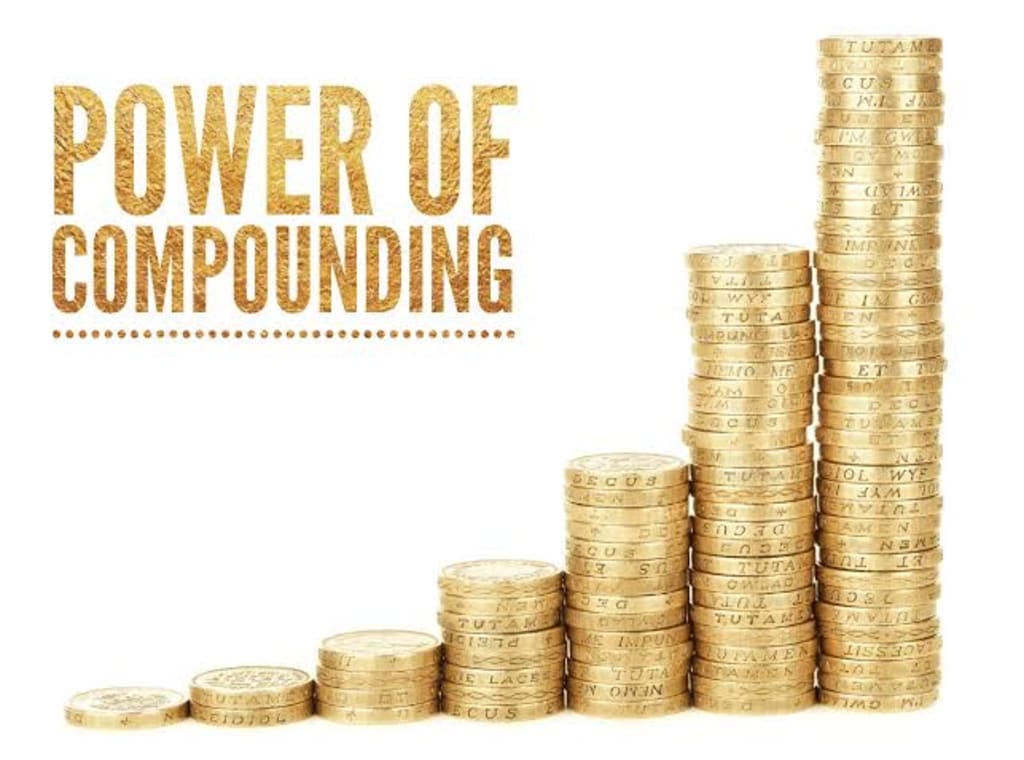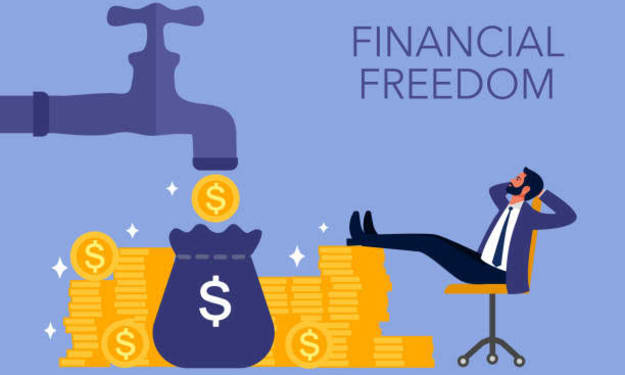
Compound Interest
What is compound interest and its benefits
Compound interest refers to the interest earned not only on the principal of an investment or loan, but also on accumulated interest from previous periods. This means that the interest on your investment or loan will gradually increase over time. This is because the interest earned in each period is added to the principal, earning additional interest.
Benefits of compound interest include:
Increased returns:
Compounding interest can increase the return on your investment or savings account over time. By reinvesting the interest earned, the total balance can grow faster than simple interest.
Time value of money:
The longer the compounding period, the greater the benefits of compounding. This is because the interest earned in each period is added to the principal, allowing you to earn even more in the next period.
Snowball effect:
Over time, compound interest creates a snowball effect, with interest earned on investment or savings accounts becoming a significant portion of your total balance. This can exponentially increase the value of your investment or savings account.
Debt reduction:
Compound interest can also work in reverse for loans and debt. As interest accrues on the loan, the remaining balance can grow rapidly and make repayment difficult. However, you can mitigate the compounding effect of the loan by making regular repayments to reduce the principal.
Compound Interest benefits
Compound interest can be viewed as a method of earning interest on interest. For example, if you invest $1,000 in an account with an annual interest rate of 5%, you will earn $50 in interest by the end of the first year. If you leave that interest in the account and continue to earn 5% interest on his new $1,050 balance, in the second year he will earn $52.50 interest.
Over time, the impact of compound interest can grow. For example, $10,000 invested in an account with an annual interest rate of 6% will be over $57,000 after 30 years, assuming no withdrawals or additional contributions.
The benefits of the compounding effect are particularly pronounced over long periods of time, for example in the case of old-age benefits. By starting to save and invest early and letting the effects of compounding take hold over the years, you can build a large nest egg for your old age.
However, it is important to note that compound interest can work against you if you are in debt. For example, if you have a credit card balance and are only making the minimum monthly payments, interest burdens will increase and it will be difficult to pay off the debt. In this case, it is important to pay off the debt as quickly as possible to minimize the impact of compounding interest.
Overall, compound interest is a powerful tool for wealth accumulation and debt management, but it requires discipline and a long-term perspective to reap its full benefits.
Other benefits of compound interest include:
Power of Compounding
Flexibility:
Compound interest is a flexible concept that can be applied to a wide range of investment vehicles and financial instruments. Whether you're saving in a traditional savings account, investing in stocks and bonds, or building your retirement portfolio, the impact of compounding is powerful.
Diversification:
Compound interest can be applied to diverse investment portfolios, spreading risk across multiple assets and increasing the likelihood of consistent returns over time.
crisis management:
By ensuring that your investments are profitable over the long term, you reduce your exposure to short-term market fluctuations and volatility and instead focus on your long-term growth potential.
Automatic reinvestment:
Many financial instruments, such as mutual funds, automatically reinvest dividends and interest payments, allowing you to benefit from compound interest without actively managing your investments.
Inflation protection:
By paying interest rates above inflation, you can protect your money's purchasing power in the long run and maintain your standard of living.





Comments
There are no comments for this story
Be the first to respond and start the conversation.